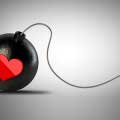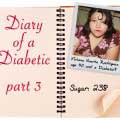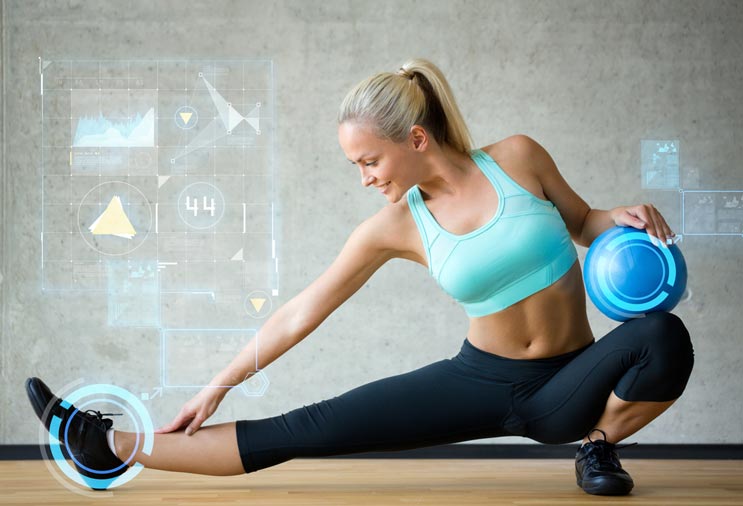
For most women shopping is fun. Looking for that perfect pair of shoes you really need for that outfit, a new purse, or just browsing the sales racks and snagging a great bargain is satisfying. The high from making a purchase can be so uplifting! For some, however, shopping can become addictive and have devastating emotional and financial consequences.
Unfortunately, I know that first hand. When making a purchase, initially I get a rush—a high—and right after, I feel extremely remorseful and often depressed. I don’t have to answer to anyone regarding my spending. I don’t share a bank account with my husband and I don’t overspend to the point of owing any money either. However, I know it’s a problem because I feel guilty after a needless purchase and remorseful about the money and time I wasted on something I might wear only once or not at all. In recent years, I have amassed more shoes than I can store comfortably in my ample closet.
Read Related: Shopping as Cardio: Genius Ways to Fit in a Holiday Workout
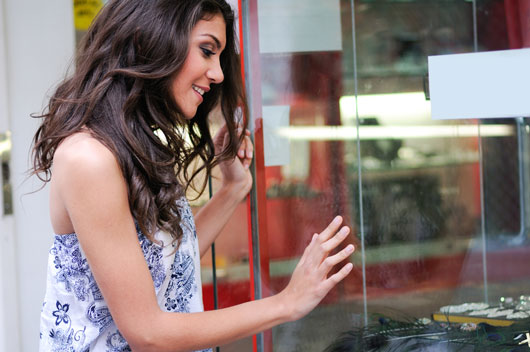
THE SYMPTOMS OF COMPULSIVE SHOPPING
I shop for emotional reasons disguised as material needs. I do most of my shopping alone, as if hiding while stuffing my face, binging on cookies à la Bridget Jones. Shopping fills the emptiness and loneliness from which I often suffer. The whole experience; the rush and the guilt, numb me for a while, but no amount of shopping satisfies me. The high I experience from the spree wears off almost immediately and I am back to square one—unsure of what void I’m trying to fill, or why.
Every time I give in to my impulse, I promise myself this will be my last purchase, just as a junkie would with the last fix. I also tell myself I won’t use my credit card (which by the way I also use, with the justification that it racks up frequent flyer miles). Yet, without a clear plan I easily forget and once again succumb to the addiction.
While I haven’t gone off the deep end, I know it’s time to stop, think, and do something about this before it’s too late.
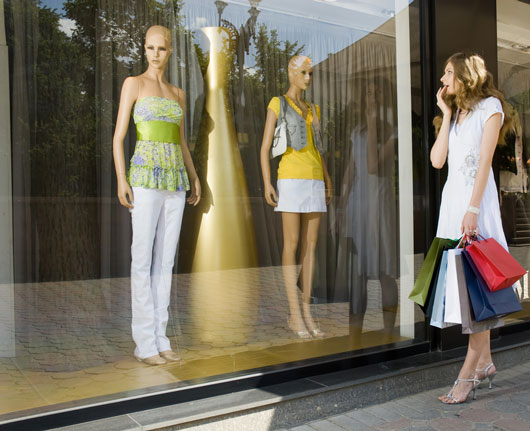
WHY DO SOME OF US BECOME SHOPAHOLICS?
WebMD suggests that about 10-15% of us are genetically predisposed to addictive behavior possibly triggered in part by environmental causes, such as childhood trauma. Shopping may cause a high because, like drugs and alcohol, it triggers the production of endorphins and dopamine, which are naturally occurring opiate receptor sites in the brain. The result is that the shopper feels good. Those with addictive personalities, however are likely to repeat the purchasing behavior in order to replicate the positive feeling. This is what an addiction looks like, and it’s harmful, whether it’s shopping, drug abuse or alcoholism.
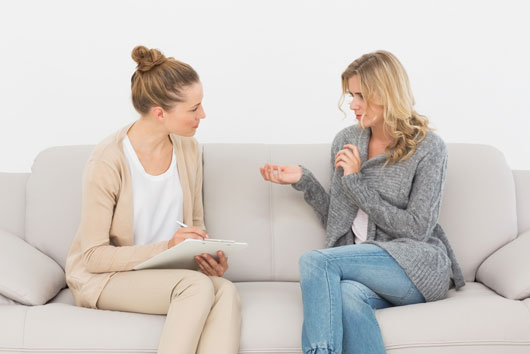
10 WAYS TO DEAL WITH A SHOPPING ADDICTION
1. Go to therapy if your behavior is dramatically affecting your finances and personal life.
2. Don’t window shop or set foot in a store; simple as that.
3. Freeze your credit cards. Literally, in a container filled with water, in the freezer. Accessing the credit cards won’t be so easy and fast.
4. Opt out of all retail store emails.
5. Pay cash only.
6. If you shop, arm yourself with a list and go with a friend who knows of your addiction.
7. Use a program like Quicken to keep tabs on your daily spending. Keep all receipts and record them.
8. Set goals for the money you plan to save. It will be your reward afterwards. Perhaps there’s a dream vacation in your future!
9. Do reward yourself once in a while, but plan ahead. Shop once a month and set a limit, say $50 for one new garment or accessory.
10. Spend money on activities and experiences with friends or on life-enriching things like a gym membership or a yoga class. Find things you enjoy and that are good for you, and that fill the emotional void without going out on a shopping spree.
Above all, when dealing with your own addiction or supporting a loved one through his or her healing, remember that you are not alone. We’re a consumption-driven society and it’s easy to succumb to a shopping addiction. That said, there are many things you can do to enjoy life without handing over that credit card. You can do without many things, which probably only add clutter and make your life so much more complicated. If you think you might have a shopping addiction, try these tips. With commitment, focus, and accountability, they work. It won’t be easy but you’ll be free and trust me, no bargain feels as good as being free!
Resources:
Shopaholics Anonymous
Debtors Anonymous
Recoveries Anonymous

